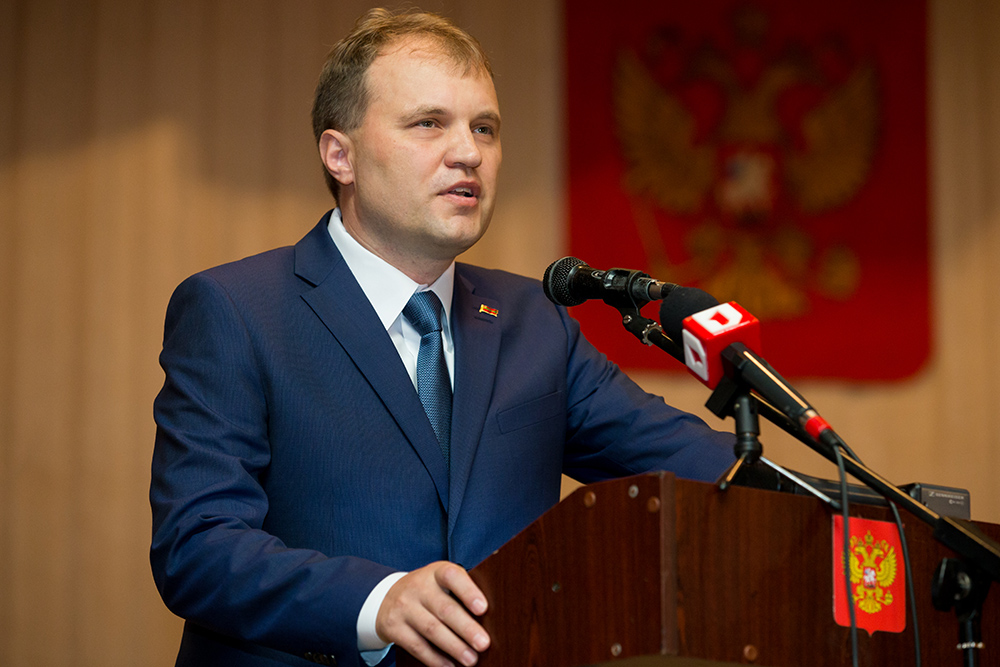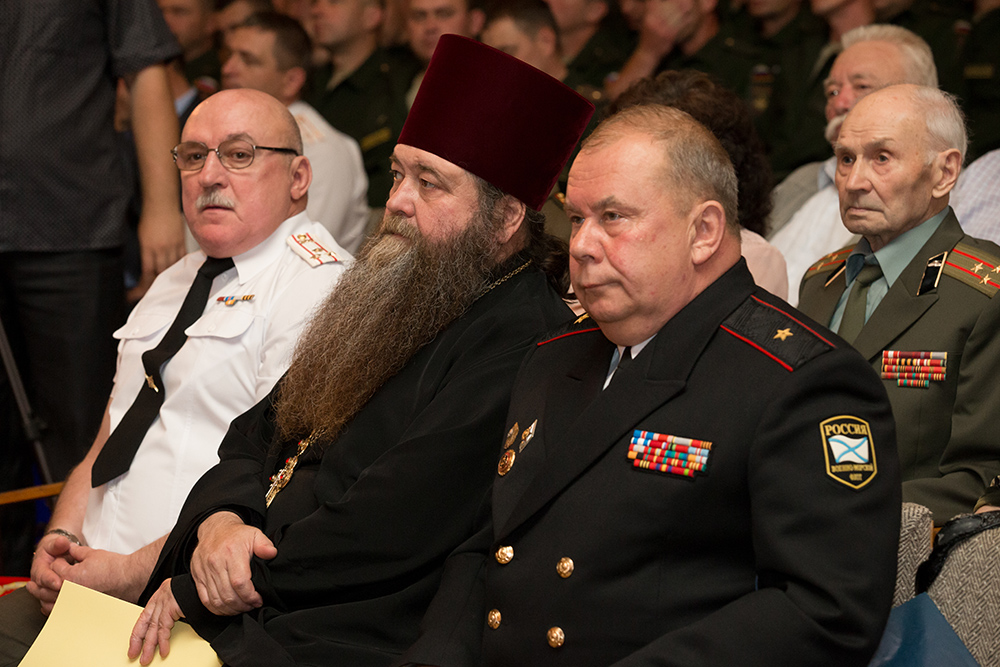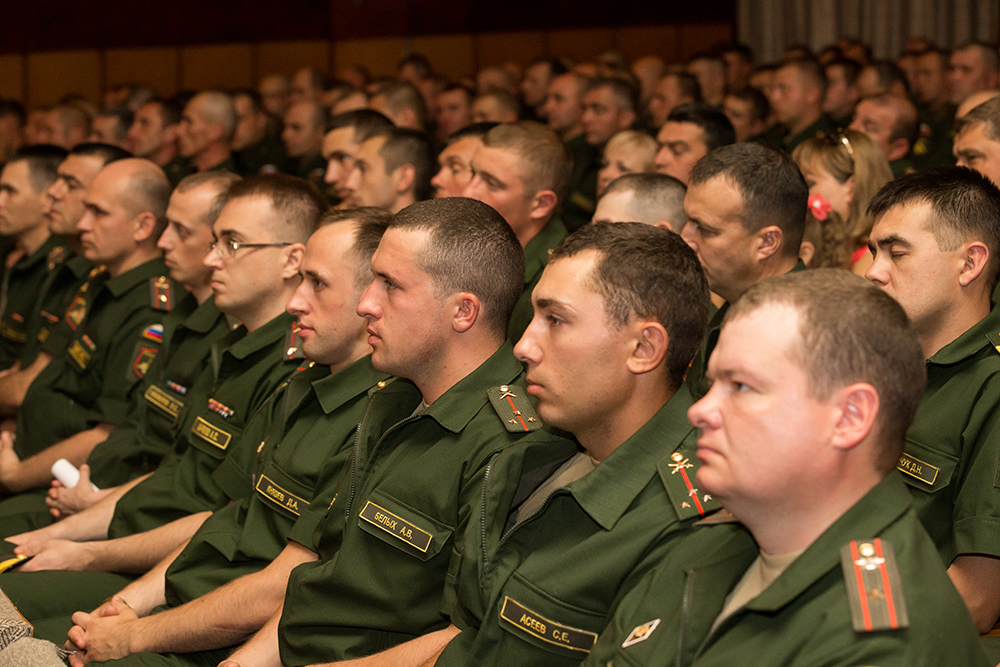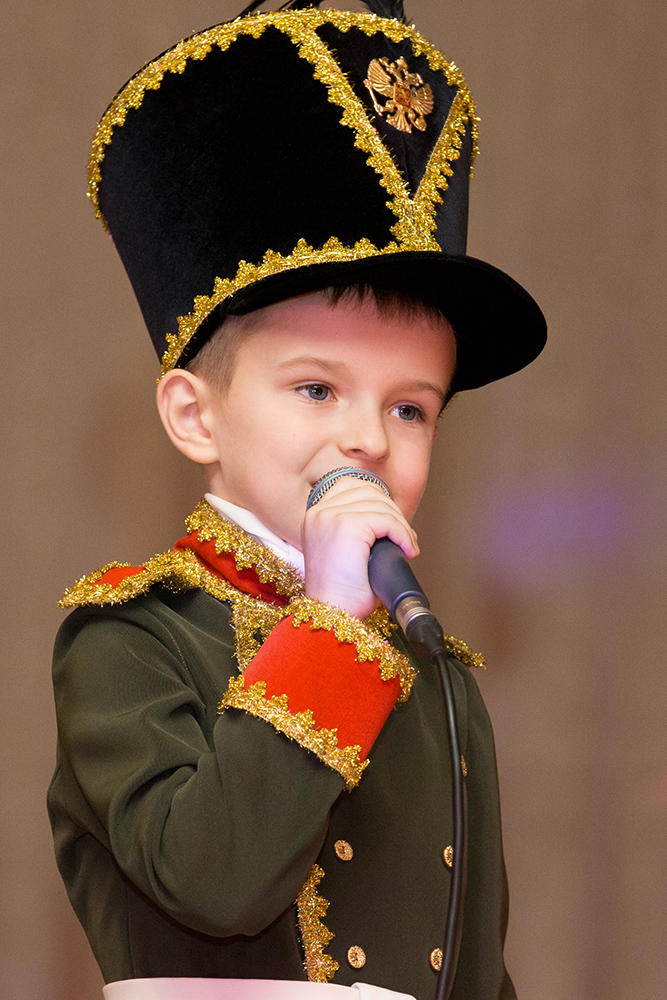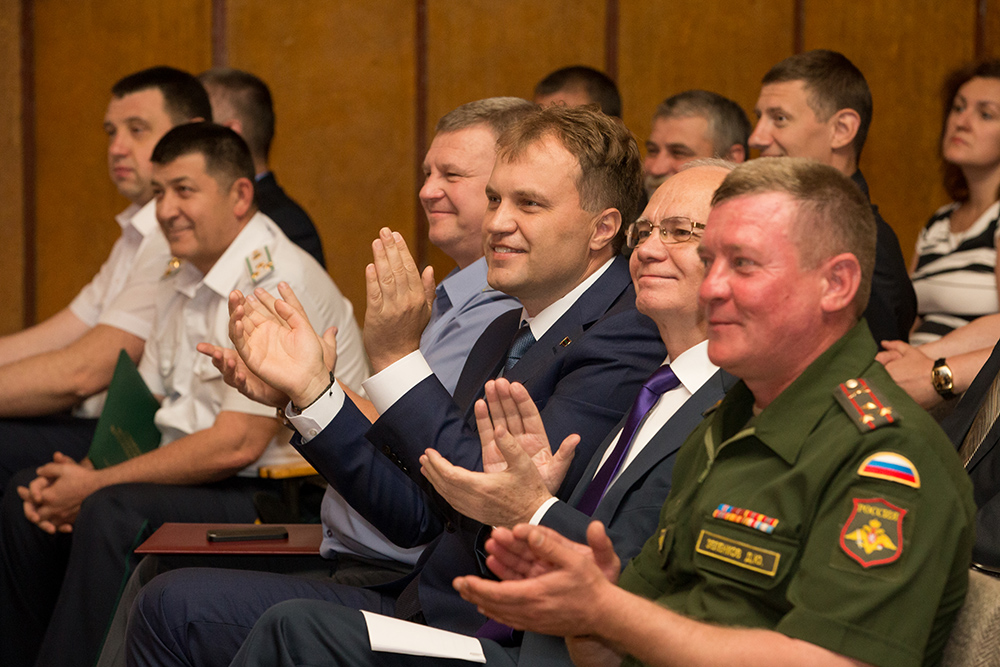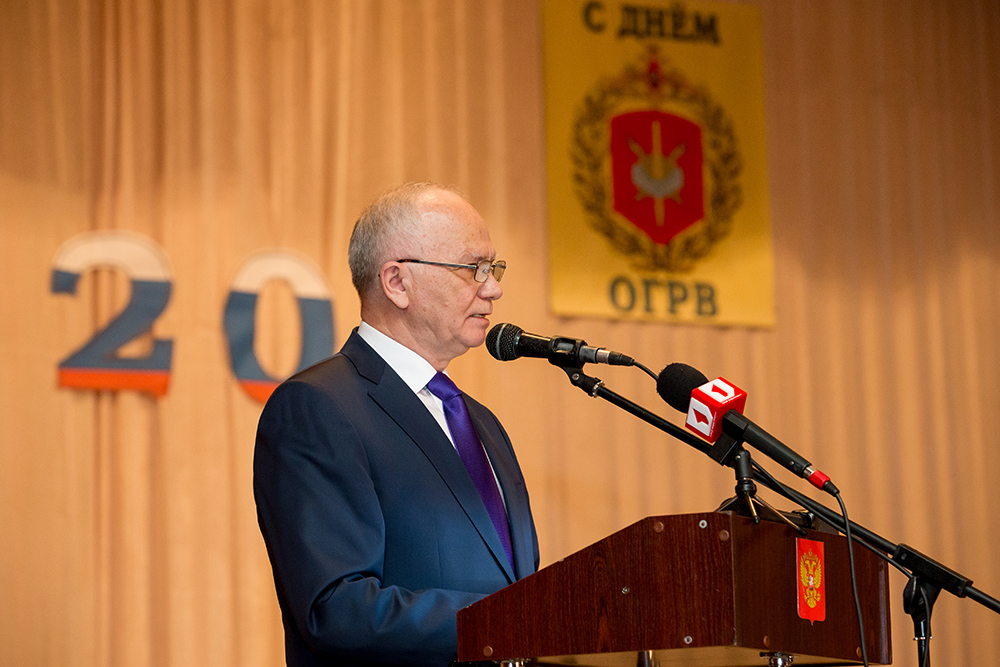President Yevgeny Shevchuk took part in a solemn event dedicated to the 20th anniversary of establishment of the Operational Group of Russian Troops in Pridnestrovie. Ambassador Extraordinary and Plenipotentiary of the Russian Federation to the Republic of Moldova Farit Mukhametshin also arrived to congratulate the leadership of the OGRT, officers and soldiers.
In his address, President Yevgeny Shevchuk said that the history of the Russian soldier on the land of contemporary Pridnestrovie is more than two hundred years. “Before the arrival of a Russian soldier these lands were sparsely populated. But when the Russian soldier settled here he brought peace and stability, the land began to be inhabited, the cities - to develop, people began to build their own lives”, said the President.
On behalf of the Pridnestrovian people, state authorities and administration Yevgeny Shevchuk expressed the deep gratitude and appreciation to the Russian military servicemen for their invaluable contribution to the peacekeeping operation on the banks of the river Dniester - one of the most efficient in the world.
“Without the active actions of the soldiers of the 14th Army it's hard to imagine what the 1992 tragedy could end in,” said the head of state. “The Pridnestrovian people today does not differentiate the Russian and Pridnestrovian armies and regards all of you as its defenders!” stressed the President.
Yevgeny Shevchuk also drew attention to the fact that today the peacekeepers face additional risks connected with regional instability. “And no matter who would limit or tried to limit you –they will not succeed. The Pridnestrovian people is with you! – said the President of the PMR. - However, defending peace and life, we defend justice. And defending justice, we keep the precepts of the Great Book”.
Yevgeny Shevchuk wished the servicemen that their “highly professional skills were used only on the trainings”.

